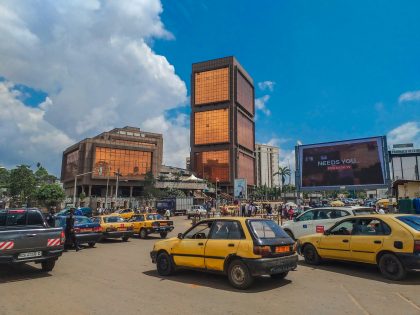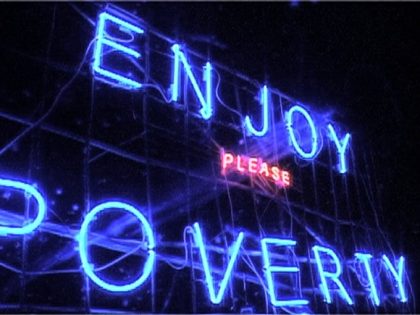
Reading List: Dotun Ayobade
What can the lives of the women behind Afrobeat tell us about creativity, resistance, and the interplay of power and pleasure in 1970s Nigeria?
93 Search Result(s) for: “achille mbembe”

What can the lives of the women behind Afrobeat tell us about creativity, resistance, and the interplay of power and pleasure in 1970s Nigeria?

If we could ask our readers (and critics, and everyone else) to pick Africa's most insightful intellectual, who would they pick?

An interview with Achille Mbembe, including on the consequences of global capitalism on the continent.

This plastic instrument will generate controversy where it will sound, carrying along to the new continents the singular experience that was the World Cup in South Africa.

Delegates to 'Global Africa' at Oxford University write about how Zionists and their apologists target the academy.

Nostalgia for Gaddafi reflects a depressing understanding of African politics which rules that a dictator is better than a chaotic political void.

The question of who belongs in South Africa, stains any project that aims to build a more equal and inclusive society.

How phones change the terrain on which Kenyans can make claims for services, redistribution, and recognition.

The truth of our global age is that autochthony, nativism, or heritage no longer define us exclusively. So, solidarity based on phenotype or heritage is dangerous.

As Cameroon nears its presidential elections, a disintegrated opposition paves the way for the world’s oldest leader to claim a fresh mandate.

A Dutch documentary film explores increasing migration and trade links between African countries, their citizens and China.

What precisely is new about new African writing and what makes it different from what we have seen before?

Apartheid's prisons tolerated 'National Geographic; For Nelson Mandela, who knew better, it was porn.
Achille Mbembe (the links are to previous references of Mbembe on this blog) gave a lecture

The Afropolitics of one of the characters, Sam Obisanya, makes the second season of TV series "Ted Lasso" even better than the first.

How Euro-Americans - directly and indirectly - interact with the Congolese: only as victims.

As an art writer working in Africa, I have no available model to craft an entire practice of writing books on contemporary art in Uganda.

In South Africa, the political class use foreign nationals as scapegoats to obfuscate their role in reproducing inequality. But immigrants are part of the excluded.

The chance that the lives of South Africa's poor will change for the better without struggle, is slim.

Are the international community and the African Union really powerless to stop the fratricidal war in Cameroon, or are they just indifferent?